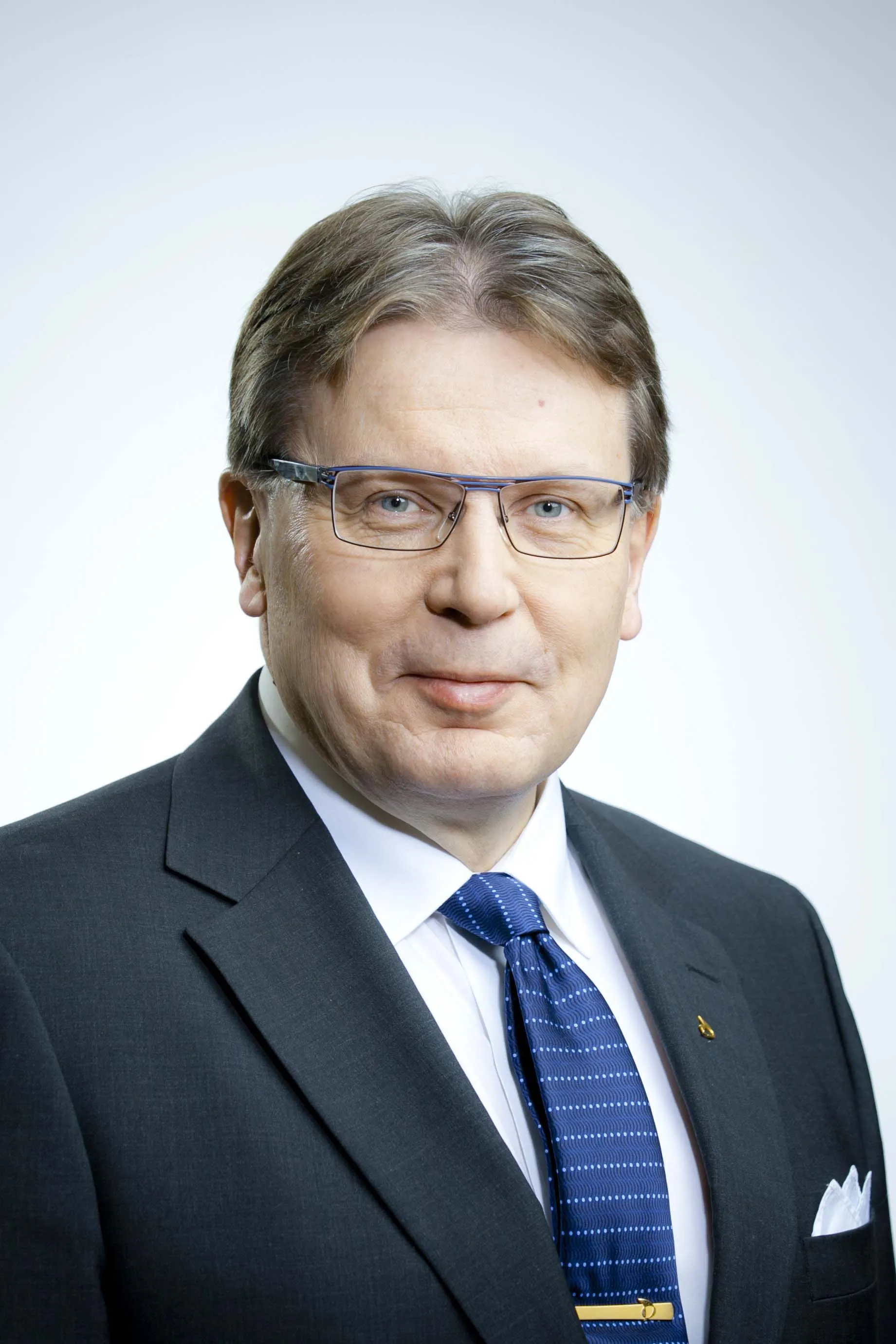
Oliver: You were chief strategy officer of Topcon Positioning Systems for 12 years before becoming chief executive this year, taking over from Ray O'Connor. What excites you about your new role?
Di Federico: We see this as a pivotal moment in our history because many things are changing, especially from an economic perspective, and there is also a lot of confusion. That is why when I took over my new role I started programmes to focus on our roots, focus on what really drives the business. And that is to create value for our customers, be they in agriculture or infrastructure sectors. For our growing populations, we need to produce more food efficiently and build better infrastructure, especially for transportation. This often means doing more with less, and doing it more efficiently.
Oliver: One of the terms you use a lot is ‘democratisation of technology’. What exactly is this?
Di Federico: Technology is important because it allows us to innovate for a better life, a better future. But for a wider use of new technologies by customers it must not be too complicated to use and not too expensive. By making it easier to use and increasingly less expensive, it will be taken up by the largest pool of people. By people who want to grow a modern society. This is democratisation of technology.
Oliver: How does Topcon Positioning Systems maintain its culture of innovation and its entrepreneurial spirit?
Di Federico: The company leadership allows people to propose changes where they believe changes can be made for the betterment of the company, including new products. We give them the freedom to explore, to touch and, importantly, to make mistakes and learn from them. We encourage and foster these types of people. We hold around 5,000 ongoing patents and create about 10 a month.
Oliver: The competitive edge can often mean innovating faster. What might be Topcon’s strategy over the next few years?
Di Federico: Thinking ahead ten years is really like looking at science fiction right now. Better to focus on only a few years ahead, even only two years. Strategies surround connectivity are important. Scanning objects and processes can produce millions of points and create big data. But this is only a piece of the story. You need to connect it to something in order for, let’s say, the operator of a machine to make sense of it. At the moment all these technologies are siloed, they can’t necessarily communicate to each other. There are no overarching NSA standards* which would improve operators’ workflow.
Oliver: You recently took over as chief executive from Ray O’Connor who is now chairman of Topcon Positioning Systems. How might your style differ from his?
Di Federico: First of all, Ray has been my mentor and boss for 20 years and is my friend. We still talk every day. Every person is different, but the critical values remain. We care for the people who bring the good ideas and innovation to Topcon Positioning Systems, give them the opportunity to work in teams, to fail and still support them. All the while, there is a relentless attention to the needs of the customer, talking to customers. No matter which role you have, you have to be there and support and listen. These are the things that I really learned from Ray and remain with me night and day. Ray certainly has had an impact and I would be proud to continue along these lines.
Oliver: Topcon is global but based in California and has a Japanese parent company. How upsetting are the US administration's changing trade policies for global supply chains?
Di Federico: We continue to observe the situation. One thing for sure is that we are set in terms of assets, with factories in North America, in Europe and in Japan. But this is the best way to serve and provide value to our customers worldwide. We need to observe the situation as it unfolds and then consider the best courses of action. But our customers should not be in anyway worried because we have been analysing the situation from day one. We have ideas, plans, should we need them but it is too early. Regardless, we will always do what it right for our customers.
*NSA Standards: From the National Institute of Standards and Technology, an agency of the US Department of Commerce whose mission is to promote American innovation and industrial competitiveness.
The above article is an edited and condensed version of the interview. A longer version of the interview is in the digital edition of Construction & Road Technology Live here, as well as a link to view the interview.








